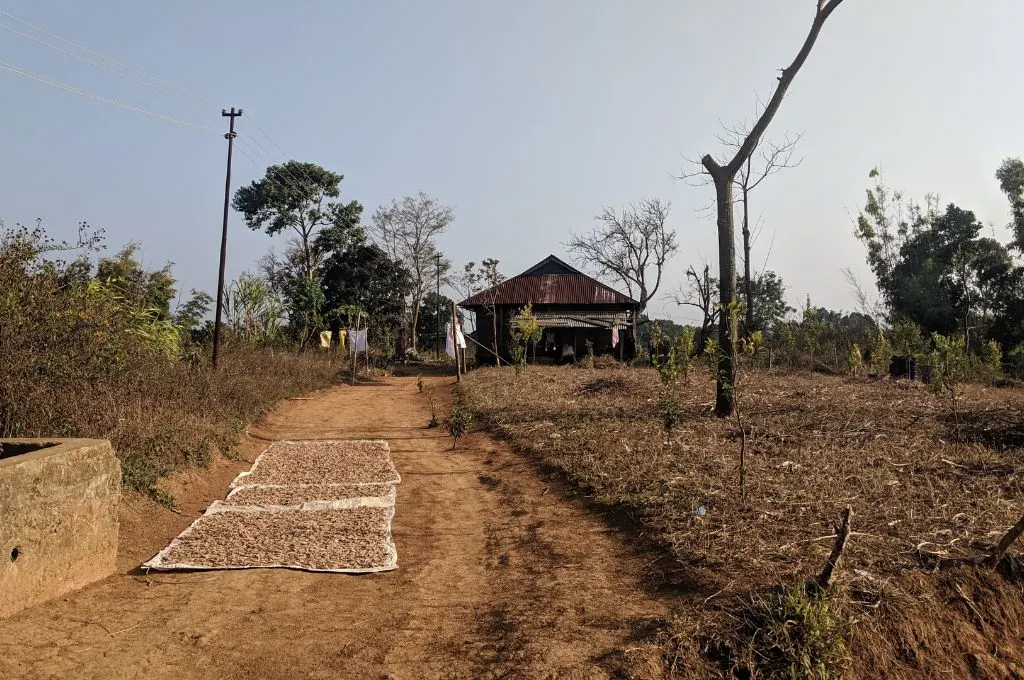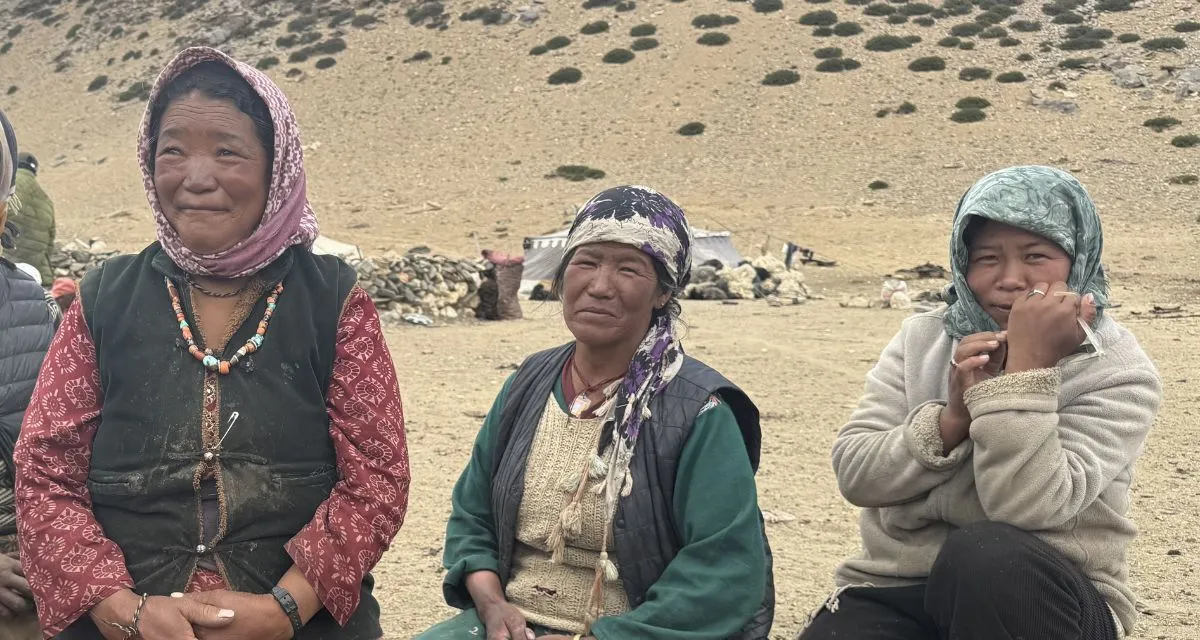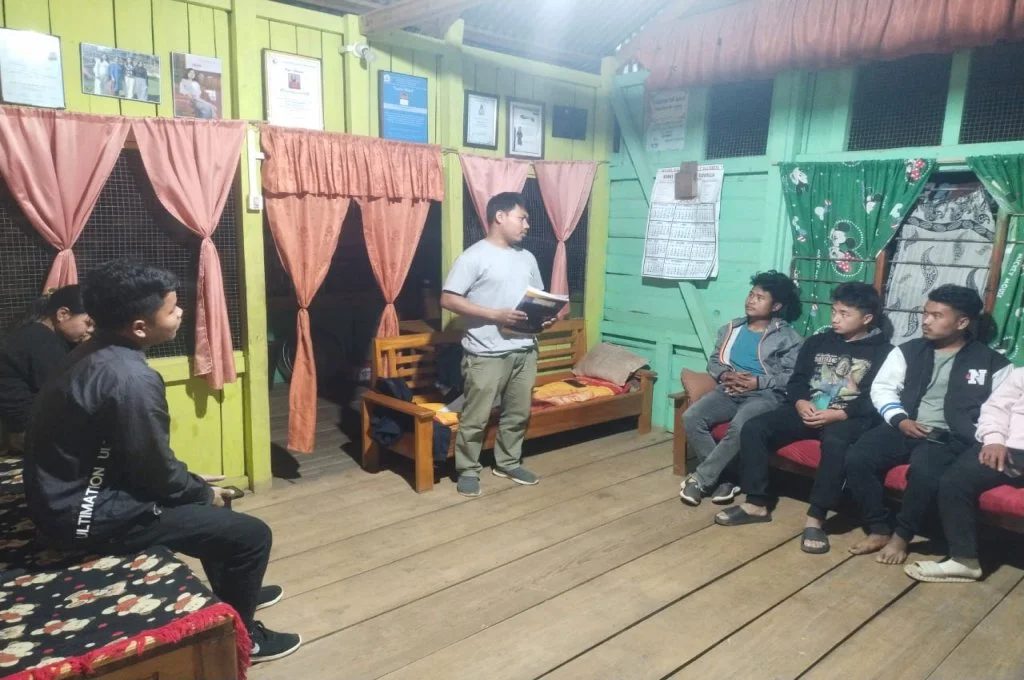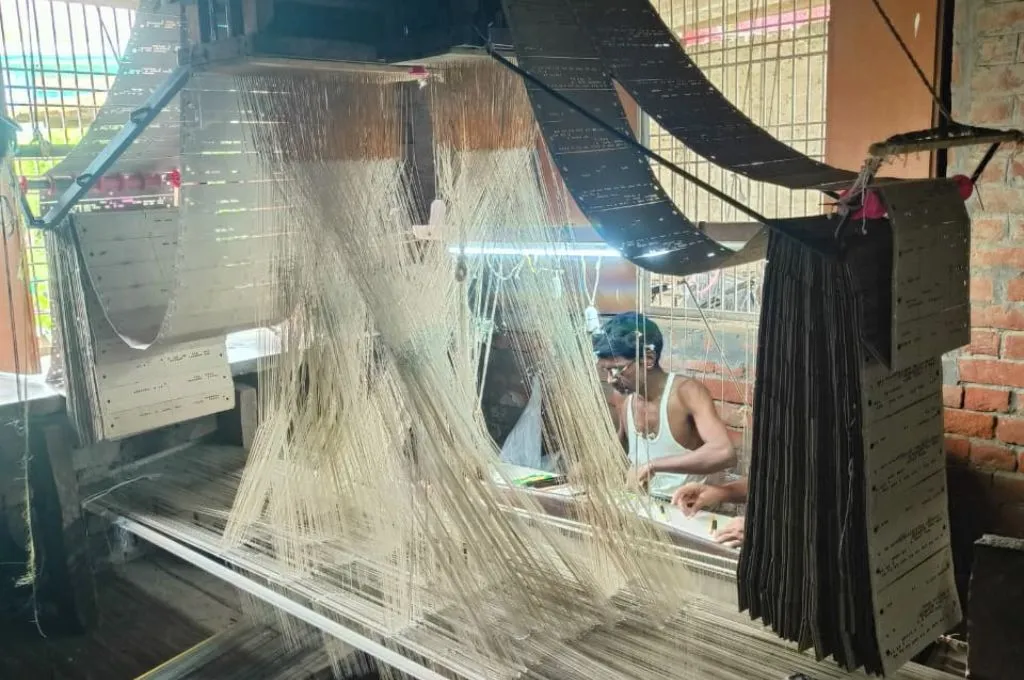Kashmir’s farmers are picking vegetables over apples
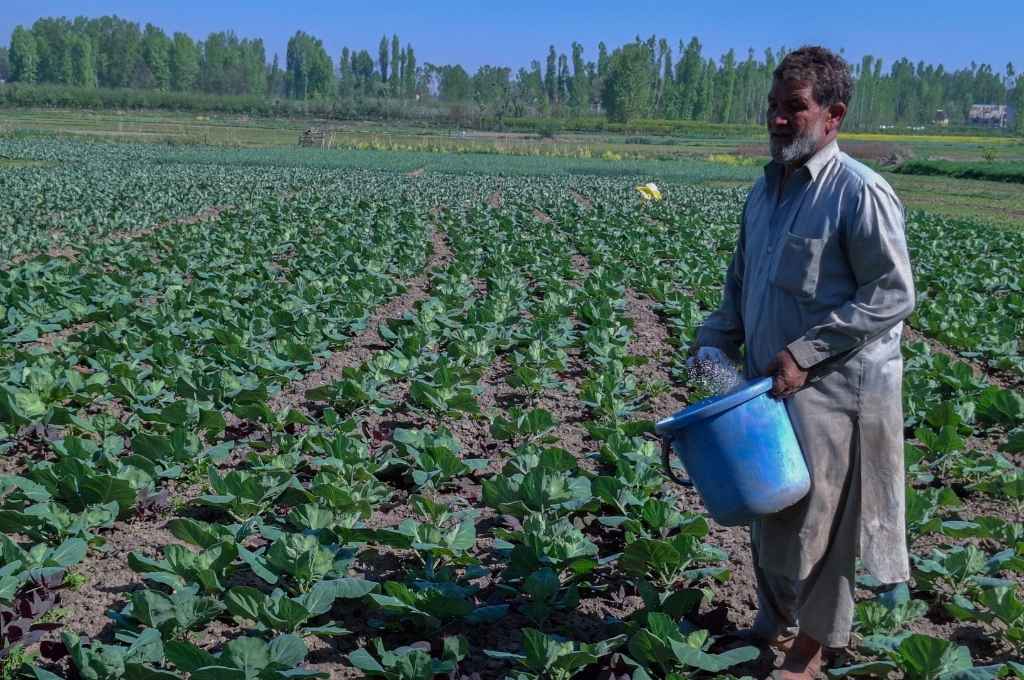
Bougam is a small hamlet in the Chadoora region of central Kashmir’s Budgam district. Unlike most of Kashmir, Bougam’s farming community has shifted its focus from traditional apple orchards to vegetable farming to adapt to the changing climate.
The month of April, during which the apple trees blossom, has become particularly unpredictable. Maintaining traditional apple orchards has become challenging due to hailstorms, gusty winds, and heavy rains. According to Ab Majeed Ahanger, an environmental expert and research scholar, the entire village has shifted towards growing other crops for stability and better income.
Bashir Ah, a farmer in Bougam, explains the rationale behind his decision to turn to vegetable farming. “Choosing vegetable farming over orchards was a significant decision for me. I previously produced apples, but I faced frequent losses as weather patterns started to shift in April.” He adds that since the switch 15 years ago, he has achieved consistent results throughout the year. “I can cultivate vegetables three times a year using seed tunnels.”

Ab Majeed Bhat, another farmer with approximately 2 acres of land, notes that three harvest cycles make vegetable farming a more profitable option. He states, “Each kanal (one-eighth of acre) yields 15–20 quintals of vegetables annually, including cauliflower, cabbage, cucumber, broccoli, and spinach.”
The community in Bougam has earned the nickname ‘Mini Punjab’ due to its significant vegetable production. Ab Majeed mentions that residents have converted not only orchards but even paddy fields into vegetable farms.
To support the extensive vegetable cultivation, Ab Majeed’s family hires labourers from different parts of the Kashmir valley—particularly from Poonch, Doda, Rajouri, and Kupwara—who seek farm work throughout the year.
Irfan Bashir, a 25-year-old graduate, has found purpose in vegetable farming. He shares, “I have been involved in vegetable farming since class 10. At times, I questioned my choice, especially when I saw other young boys my age enjoying their studies and social lives. However, reflecting on my family’s financial situation, I decided to help my father grow this business.” Kashmir’s high unemployment rate also influenced his decision to pursue farming. “I recognised the limited job opportunities that would have been available to me as a graduate. Now, I take pride in our ability to produce 500 quintals of various vegetables and provide employment to many individuals in need,” he adds.
Ilhak Ahmad Tantray and Umer Farooq Zargar are freelance journalists based in Srinagar, Jammu and Kashmir.

—
Know more: Learn more about Kashmir’s bat industry.
Do more: Connect with the authors at ilhaktantray98@gmail.com and iamumerfarooq9753@gmail.com to learn more about and support their work.

